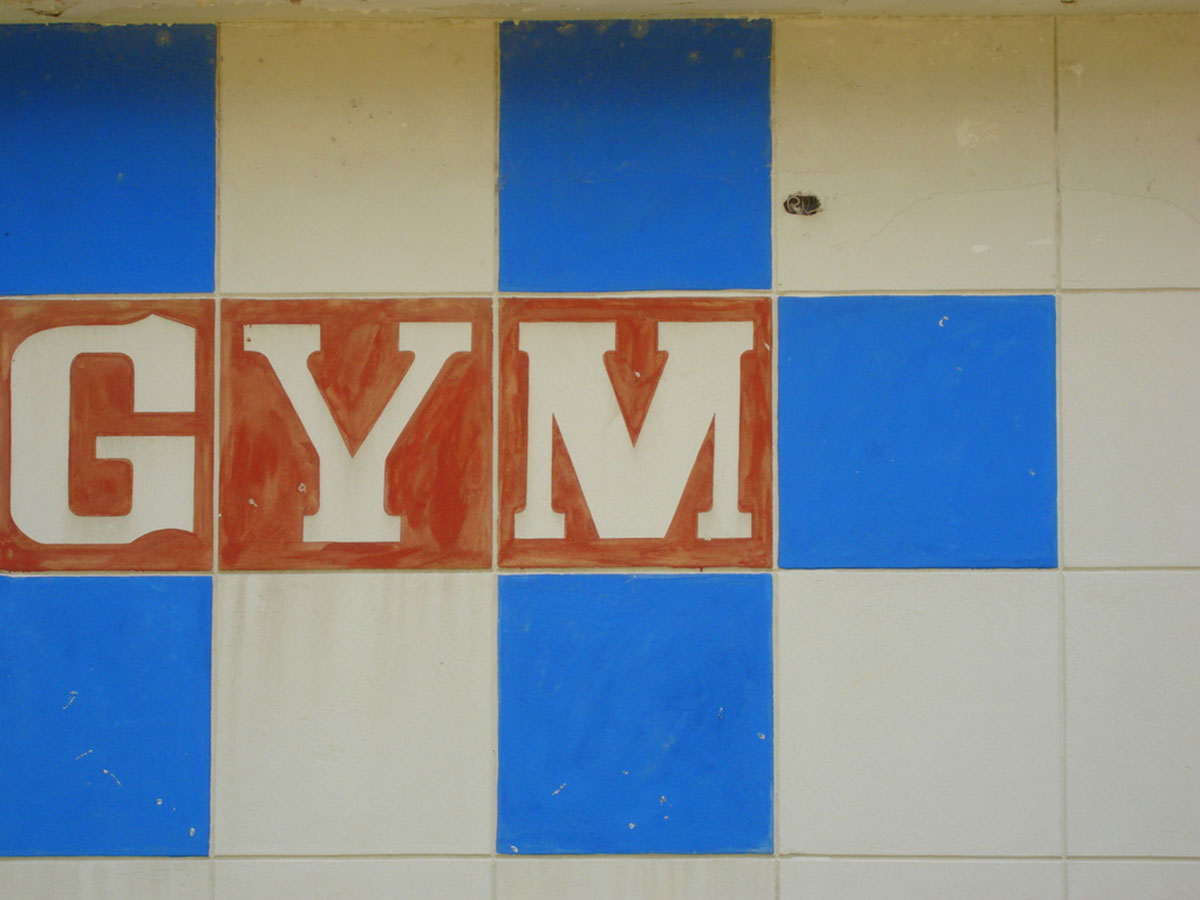Table of Contents
Competence: You Are Capable
“The day that I could dumbbell press 40s I felt like a total beast!”
~Anna
I would venture to say that 100% of the people who work out regularly leave the gym each day feeling accomplished, and they have never regretted working out. Sicilia et al. (2014) states,
“Competence refers to the need to feel capable and to see that the proposed goals are achieved over time.”
Whether your goal is to lose weight, improve your cardiovascular strength, get stronger, or to build upon your physique, you meet your basic psychological need for competence when you achieve your goal.

Competence can also mean that you are becoming stronger in the gym. You may notice that a workout that would have killed you two months ago feels more like a warm up now. The feeling of becoming better, becoming capable, at something more and more each day brings the reward of competence.
There’s nothing like setting new PRs (personal records) in the gym. Those who do seem to walk in the gym a little taller, get that feeling of “I’m Here Everybody” when they show up, and flex a lot in the mirror for post-workout selfies!
Many people who have gone through a monumental weight loss experience become addicted to the fit life, and because they were capable of a large-scale goal, it becomes their passion. They find careers in the industry to motivate and inspire others. This stems from the tremendous amount of competence they attained through fitness.
Relatedness: Socially Connected
“My husband gets sick of hearing about Zumba class, but the ladies I work out with love chatting about fitness. It’s nice to have the extra sets of ears and new friends.”
~Laura
Waves, nods, admiration, and conversation are all components of being connected to your peers at the gym. You are all meeting at the local bar, the metal 45-lb ones, not the bar with barstools in it, because you all have an unwritten connection.
The need to maintain a good relationship with others and to feel accepted by them is the definition of relatedness according to Sicilia et al (2014). Your social relationships are just as important to your health as exercise and diet. Current research has found in their analysis that multiple dimensions of social relationships throughout life have consistent and robust associations with people’s health (Yang et al. 2015).
For example, those who make strong social connections are found to live longer, recover from illness more quickly, have higher self esteem, and have better overall social and physical well-being.
On the other hand, those who tend to be more isolated and have few social connections show more rapid declines in physical and psychological health and have higher rates of depression and anxiety.
They gym is a great place to build relationships. Gym goers tend to be supportive of each other’s goals, have a wealth of knowledge about fitness and diet, and like to discuss gym-related topics that your family may be sick of hearing about. So, don’t be afraid to start a conversation after your body-pump class with a fellow exerciser.
The connections you make will improve you overall mental and physical health.
Put It All Together
The gym is a truly great place if you fully partake in what it offers. It cures depression; you make friends; you set and achieve goals, and you are meeting the three basic psychological needs that all people need in order to be healthy, both mentally and physically. It really adds years to your life and adds depth to your existence while you live it.
- Deci, E. L., & Ryan, R. M. (2000, November 19). The "What" and "Why" of Goal Pursuits: Human Needs and the Self-Determination of Behavior. Retrieved September 28, 2016, from http://www.tandfonline.com/doi/abs/10.1207/S15327965PLI1104_01
- Sicilia, A., Saenz-Alvarez, P., Gonzalez-Cutre, D., & Ferriz21, R. (2014, January 21). Psychologica Belgica. Retrieved September 28, 2016, from http://www.psychologicabelgica.com/articles/10.5334/pb.ai/
- Yang, Y. C., Boen, C., Gerken, K., Li, T., Schorpp, K., & Harris, K. M. (2015, July 20). Social relationships and physiological determinants of longevity across the human life span. Retrieved September 28, 2016, from http://www.pnas.org/content/113/3/578.full
- Photo courtesy of twicepix: www.flickr.com/photos/twicepix/3044118740/
- Photo courtesy of twicepix: www.flickr.com/photos/twicepix/3044118740/
- Infographic by SteadyHealth.com


Your thoughts on this